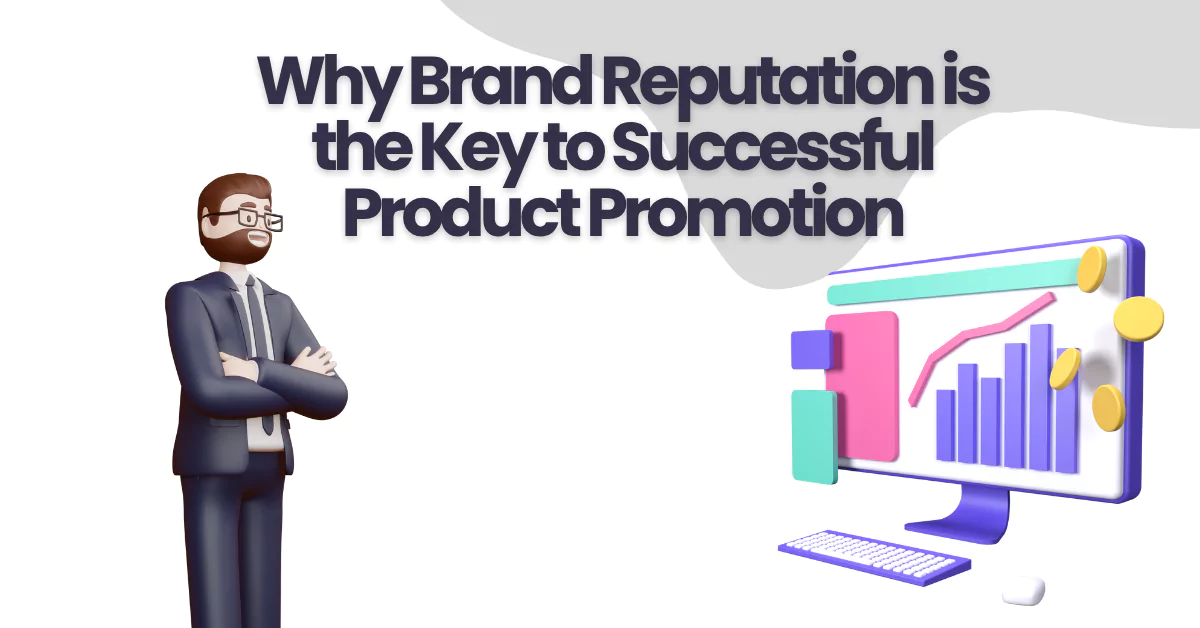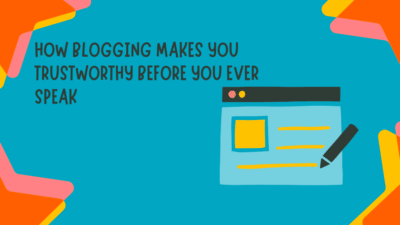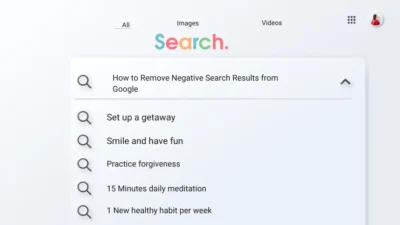Product promotion is more competitive than ever, with countless brands vying for the attention of today’s savvy and selective consumers. But what truly sets a remarkable product apart in a crowded market? The answer lies in your brand’s reputation.
Your business reputation isn’t just “nice to have”—it’s a critical factor that can make or break your promotional efforts. If customers trust and admire your brand, they’re far more likely to give your product a chance. If they question your credibility, you’ll face an uphill battle convincing them to buy.
This blog will explore why brand reputation is so vital to product promotion, how it impacts consumer decisions, and practical strategies for building and maintaining a solid reputation. Whether you’re launching your first product or refining an existing marketing strategy, this guide will help you harness the power of your brand image.
What Does a Brand’s Reputation Mean?

A brand’s reputation refers to how people perceive your business based on their experiences, interactions, and overall impressions. It’s shaped by factors such as:
- Customer reviews and testimonials
- Social media presence and engagement
- Quality of the products or services you deliver
- Your company’s ethics and values
- The customer service experience you provide
Think of it as your business’s online and offline personality. It’s what others say about you when you’re not in the room (or, in the modern sense, not in the chat). A positive reputation signals trustworthiness, quality, and reliability. A negative one? Well, it’s a barrier you can’t ignore if you want your product promotions to succeed.
Why Brand Reputation is Crucial for Product Promotion
1. First Impressions Are Everything
When launching a new product, first impressions play a massive role. According to studies, 88% of consumers trust online reviews as much as personal recommendations. If your brand has a history of poor reviews, it can cast doubt on your new offerings—even if the new product is excellent.
Conversely, a strong reputation allows potential customers to approach your product with an open mind. They’ll assume quality and professionalism are par for the course because your brand’s track record reassures them.
2. Trust Drives Buying Decisions
Would you buy from a brand known for faulty products or poor customer service? Most people wouldn’t. A Harvard Business Review study states that brands with a strong reputation can charge up to 20% more for their products because customers perceive their value as higher.
Trust also fosters customer loyalty. If buyers trust your brand, they’re more likely to recommend your new products to their networks, helping you build organic brand advocates.
3. Reputation Boosts the Impact of Promotions
No matter how clever or creative your marketing campaigns are, they’ll fail to yield results if they’re built on a shaky foundation. Promotions for a brand with a poor reputation will feel “off” to potential buyers. On the flip side, consumers are naturally attracted to promotions from brands they trust and admire.
Steps to Build and Maintain a Strong Brand Reputation
Now that we’ve established how integral reputation is to product promotion, the next step is to actively manage and improve it. Building a positive reputation isn’t a one-and-done task; it’s an ongoing effort that involves consistent action.
1. Deliver on Your Promises
The quickest way to ruin a reputation is by falling short of customer expectations. If you promise high-quality products, ensure that your offerings deliver just that. If you tout excellent customer service, make sure it’s accessible and helpful. Reliability is one of the cornerstones of trust.
2. Encourage and Showcase Positive Reviews
Word of mouth is as powerful as ever, and online reviews are today’s digital equivalent. Actively encourage satisfied customers to leave reviews and testimonials. Consider these strategies:
- Send follow-up emails post-purchase asking for feedback.
- Offer incentives, like discounts, for leaving reviews.
- Always feature glowing reviews prominently on your website and marketing materials.
3. Engage on Social Media
Social media is often the first place potential customers interact with your brand. Be mindful of the tone, frequency, and content of your posts. Respond to questions and comments to show that you’re present and care about your audience. Address any customer complaints professionally and sincerely to signal that you’re committed to resolution.
4. Prioritize Quality Customer Service
Customer service issues are among the biggest reputation killers. Even an irate customer can become a loyal fan if you handle their concerns swiftly and empathetically. Personalization and attentiveness go a long way in showing customers that you value them.
5. Highlight Your Brand Values
Consumers increasingly choose brands based on shared values. Be transparent about your company’s mission, ethics, and commitments. Whether it’s sustainability, diversity, or innovation, weaving your values into your storytelling can nurture a strong connection with your audience.
6. Monitor Your Online Reputation
Use tools like Google Alerts, Hootsuite, or Brandwatch to track online mentions of your brand. This lets you stay on top of public sentiment and respond to any emerging issues before they escalate.
How a Strong Reputation Helps Your Products Stand Out
When competing in markets teeming with good products, having a solid reputation helps your brand act as a differentiator. Consider iconic companies like Apple or Patagonia. Their reputations for quality, innovation, and sustainability allow their products to shine—not because they’re always the cheapest or trendiest option, but because people trust the brand.
Recognizing the Ripple Effect of Reputation
The benefits of a positive reputation are far-reaching. Beyond aiding in product promotions, a strong reputation can attract top talent, open doors to collaborations, and even secure better partnerships with distributors and vendors. It’s the gift that keeps on giving.
Start Strengthening Your Reputation Today
If your product promotions aren’t delivering the results you expected, it’s worth taking a hard look at your brand’s reputation. By consistently delivering value, building trust, and connecting with your audience, you’ll cultivate a reputation that doesn’t just support your growth—it accelerates it.
Which of these strategies will you implement first? Share your thoughts in the comments or reach out to learn more about crafting a proactive reputation management plan!





